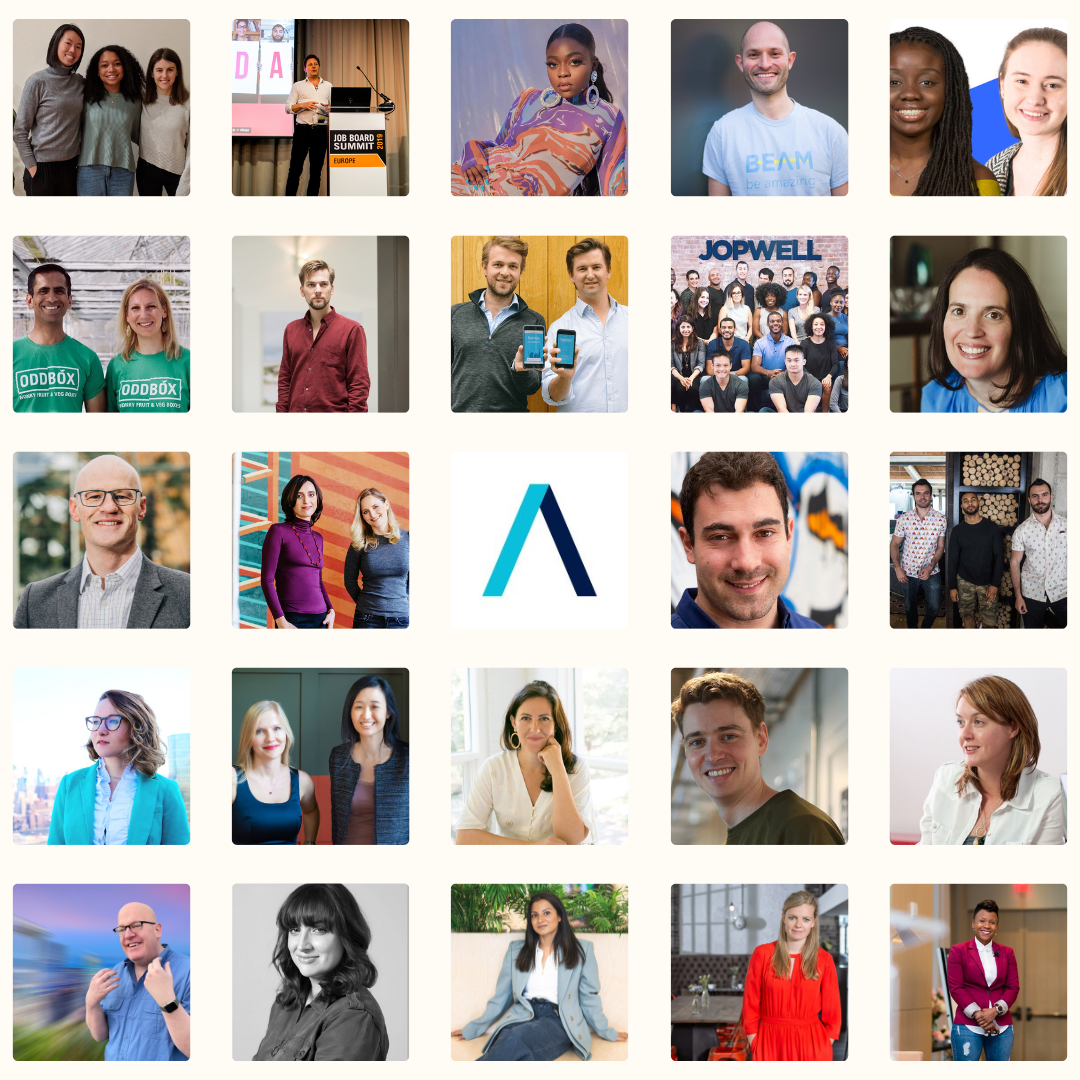Artificial Intelligence (AI) has become a transformative force in various industries, from healthcare to finance, and from marketing to autonomous vehicles. Open source AI business models have gained prominence in recent years, offering unique advantages and facing their own set of challenges. In this article, we'll explore the pros and cons of open source AI business models.
Pros of Open Source AI Business Models:
- Community Collaboration: One of the most significant advantages of open source AI is the power of community collaboration. By making AI tools and frameworks open source, businesses can tap into a global community of developers, researchers, and enthusiasts who can contribute to improving the software. This not only accelerates development but also brings in diverse perspectives.
- Cost Efficiency: Open source AI eliminates the need to build everything from scratch. Businesses can leverage existing open source libraries and tools, reducing development costs significantly. It allows startups and smaller companies to compete with tech giants on a more level playing field.
- Innovation and Rapid Development: With a global pool of talent and resources, open source AI projects can evolve rapidly. New features, bug fixes, and enhancements can be made by the community, allowing for swift and continuous improvement.
- Interoperability: Open source AI tools tend to be more interoperable, as they are designed to work well with various systems and platforms. This facilitates seamless integration with existing technology stacks.
- Transparency and Trust: Open source AI models and tools are transparent, allowing users to inspect the code and understand how decisions are made. This transparency builds trust, particularly in applications where ethical considerations are paramount, such as healthcare and finance.
Cons of Open Source AI Business Models:
- Monetization Challenges: Open source AI models often struggle to monetize their offerings. While they gain recognition and support from the community, generating revenue can be difficult. This can limit the sustainability of the project, especially for smaller businesses.
- Intellectual Property Concerns: Open source projects may expose companies to intellectual property issues. If a business contributes code or data to an open source project, they may lose some control over their intellectual property, potentially allowing competitors to benefit from their contributions.
- Quality Control: Open source AI projects might not have the same level of quality control as proprietary solutions. This can lead to issues with reliability, security, and performance. Businesses need to invest in additional resources to ensure the quality of open source solutions.
- Complexity: The collaborative nature of open source projects can sometimes lead to complexity and diverging development paths. Managing different contributors' opinions and priorities can be challenging, potentially slowing down the project.
- Support and Documentation: Open source AI projects may lack comprehensive support and documentation compared to commercial solutions. This can be problematic for businesses that rely on these tools for mission-critical tasks, as they may struggle to find the help they need when issues arise.
- Lack of Competitive Edge: In some cases, open source AI tools can become commoditized, making it challenging for businesses to gain a competitive edge based on technology alone. They need to innovate in other areas, such as business strategy or user experience.
In conclusion, open source AI business models offer many advantages, such as community collaboration, cost efficiency, rapid development, interoperability, and transparency. However, they also come with challenges, including monetization difficulties, intellectual property concerns, quality control issues, complexity, support and documentation shortcomings, and the risk of losing a competitive edge.
The suitability of an open source AI model depends on a company's specific goals, resources, and industry. While open source AI can be a powerful force for innovation and democratizing AI technology, businesses must carefully weigh the pros and cons to determine if it aligns with their long-term strategies and objectives.








